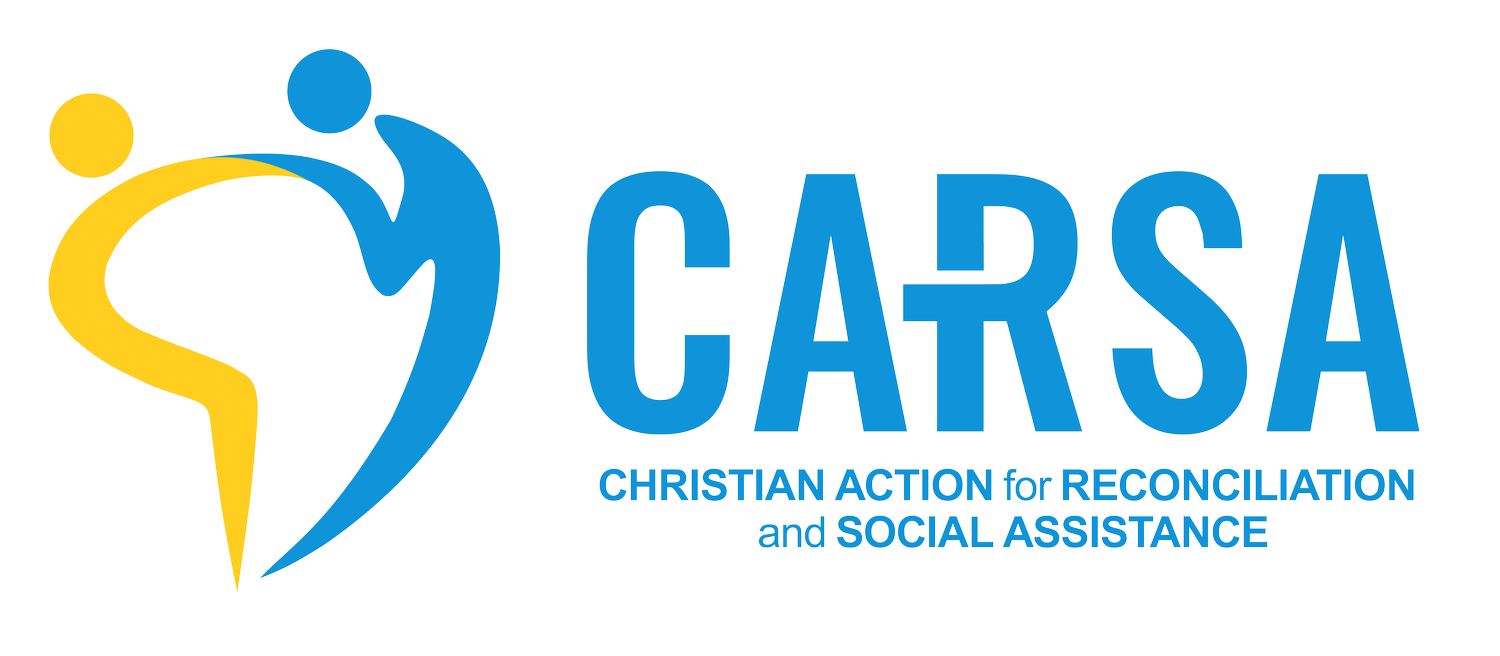RWANDA 30 YEARS ON: How reconciliation is helping rebuild Rwanda
Every year the Rwandan community comes together to commemorate the 1994 Genocide Against the Tutsi. It’s now 30 years since Rwanda’s history was interrupted by the atrocities of the genocide. Families were torn apart, children became orphans, mothers watched their children being killed by neighbors, and fathers left their families.
Rwandan society had been left shattered by the effects of the genocide. The killings had left tens of thousands of orphans and widows, many of whom had been victims of rape and sexual abuse, the majority of whom were affected by serious trauma. Infrastructure had been destroyed, looting was commonplace, and the economy was in ruins. Two-thirds of the population had been left displaced.
Since then, Rwanda's physical and social reconstruction has been a long journey, which still has a long way to go. A devastated and divided country has placed unity, healing, reconciliation, and reintegration among its defining principles. Communities, local authorities, NGOs, and civil society groups have worked tirelessly to restore trust and provide spaces for trauma recovery at individual and national levels Empower program is one such initiative. Run in partnership with an Australian-based Organization called Compelled By Love (CBL) to promote resilience and social cohesion through the healing of historical wounds and the facilitation of open and inclusive dialogue.
Among the people who benefited from this community reconciliation and healing program are Habyarimana Eugene and Yamuragiye Epiphanie; they both live in Mushishiro Sector, Muhanga District. Eugene was sentenced to 10 years for committing genocide crimes during the 1994 genocide against Tutsi including taking part in killing Epiphanie’s father.
Eugene remembers the unease he felt at the prospect of reintegrating into the community after committing such heinous crimes and serving such a sentence. After his release, he carried the weight of shame, guilty and fear of retribution, while Epiphanie saw him only as her family’s murderer. He had tried to seek forgiveness during his incarceration, but true reconciliation had proved elusive, they eventually joined Empower Workshop to start a path of reconciliation and getting to terms with his past.
“I never rested in my heart. Every time I was in the community and walked by the people, they looked at me. This got me scared and thought they were seeing the killer in me,” Eugene said.
“I was not free; I was a prisoner outside prison, my heart was restless until I joined the Empower Workshop where I was able to find forgiveness,” he said.
In the group, Eugene met with genocide survivors, including Epiphanie whose father he had killed, and after understanding how survivors are suffering from his wrongdoing and the benefits of repentance, Eugene got the courage to apologize, and he was forgiven.
Eugene says that the forgiveness was a miracle since it enabled him to live in harmony with Epiphanie and with a restful heart in the community.
On her side, Epiphanie had never thought of forgiving people who had offended her; she rather had sworn to revenge on anyone who was responsible for her family’s massacre.
She lived a lonely, hateful, and resentful life until she heard of CARSA and later attended the workshop where she sat face-to-face with perpetrators including Eugene.
“I had never forgiven others nor myself but when he asked me for forgiveness, I did so willingly because of the healing process taking place in me.” Epiphanie said.
“Today, I can say that the relationship with Eugene is good as I no longer have fear for him, I always welcome him at home, especially since the time when we were given a Cow for Peace that we had to take care of it together. And when there is something special at home like a ceremony, he is the first one to invite.
The story of Epiphanie and Eugene reflects Rwanda’s journey from the depths of extreme violence to the heights of reconciliation and unity. Their narrative, emblematic of many across the country, underscores the remarkable determination of people committed to healing and overcoming a traumatic past.
The journey towards healing and reconciliation is ongoing. The scars of the genocide may never fully heal, but our commitment to building a more inclusive, harmonious society and collaboratively creating a better future for our children and generations to come is unwavering.
